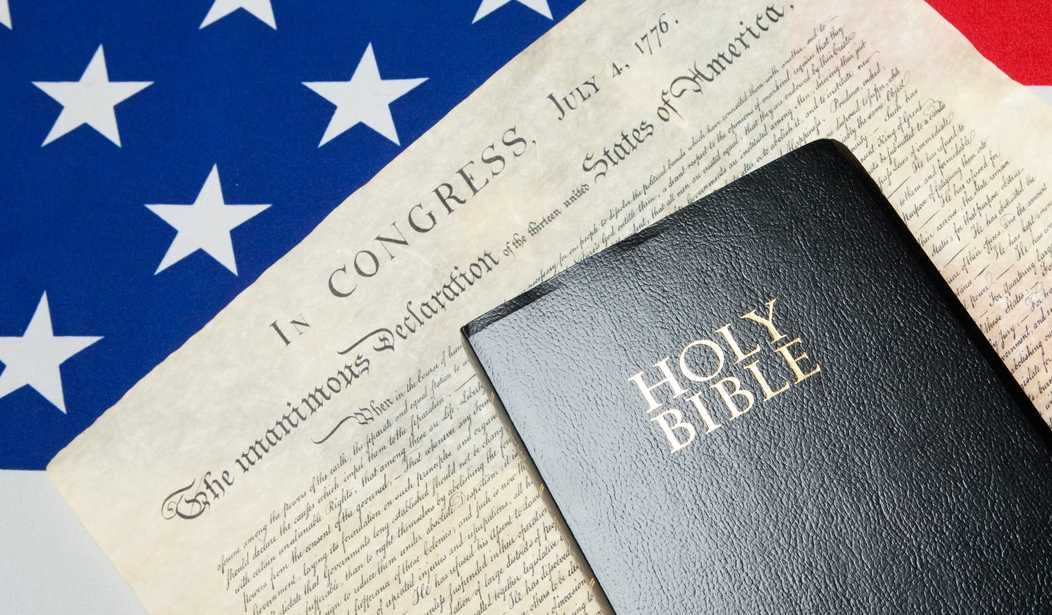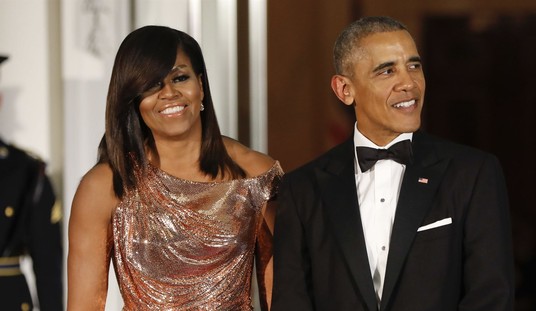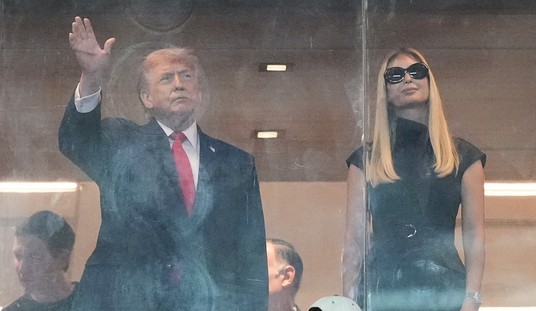President Obama brought up his Nobel Peace Prize today in defending the U.S. drone strike in Pakistani territory that killed Taliban leader Mullah Mansour over the weekend.
Pakistani Chief of Army Staff General Raheel Sharif met with U.S. Ambassador to Pakistan David Hale today to express “serious concerns” that Americans crossed a previously stated “red line” to not strike Balochistan. Mullah Mansour’s car was hit in the first recorded U.S. strike in the Pakistani province, according to Pakistani newspaper Dawn.
At a press conference in Japan with Prime Minister Shinzo Abe, Obama was asked how, after his trip to Vietnam, he viewed crossing “into sovereign Pakistani territory where you did not have permission to operate” for the assassination and his expansion of the drone program.
Obama told the reporter he “wasn’t entirely clear on the parallel you were trying to draw” between U.S. intervention in Vietnam and drone strikes on sovereign territory.
“As commander-in-chief and president of the United States, my job is to protect the American people. I wish that never involved us having to take military actions; that’s not the world we live in,” he said.
“Obviously, there are very few parallels between the deployment of 500,000 troops to Vietnam and us taking strikes against terrorists who are trying to kill our troops who are stationed in Afghanistan or potentially carry out actions in the homeland.”
The president added he’s “investing enormous amounts of time and energy and resources into those kinds of diplomatic initiatives” now occurring with Vietnam, “because to the extent that they’re successful, that shrinks areas of conflict, reduces the necessity of engaging in military action.”
“But at the end of the day, it is still going to be a dangerous world, and there are going to still be times where our U.S. fighting forces have to be deployed or have to take actions. And we have to do so in a way that is prudent, that is proportional, and that is mindful of the fact that any kinetic action, no matter how targeted and how justified, also, you know, can create tragedy,” he said.
The U.S., who has been lobbying for a peace deal with the Taliban, said Mansour was planning “imminent” attacks against American interests in Afghanistan.
“And you know, one of the things that I hope to reflect on when I’m at Hiroshima, and certainly something I reflected on when I was in Vietnam is just a reminder that, you know, war involves suffering. And we should always do what we can to prevent it,” Obama continued.
“But as I said earlier on in my presidency, when I was in Oslo for the Nobel Peace Prize, I am the president of a nation that, at times, is threatened by very real risks — not imaginary risks,” he added. “And it’s important for us to act on occasion in order to make sure that the American people are protected.”
The Japanese prime minister said he has no plans to visit Pearl Harbor in Hawaii, but he laid a wreath at the World War II memorial in Washington last year.
“Seventy-one years ago, back in 1945, two atomic bombs were dropped. And in Hiroshima, numerous number — numerous citizens sacrificed their lives. And even now, there are those of us suffering because of the atomic bombing,” Abe said.
“And what those Japanese suffering from the atomic bomb desiring is never to repeat such tragedy in the world. And I understand that the upcoming visit by President Obama to Hiroshima will, no doubt, create further powerful momentum toward realizing a world free of nuclear weapons.”









Join the conversation as a VIP Member